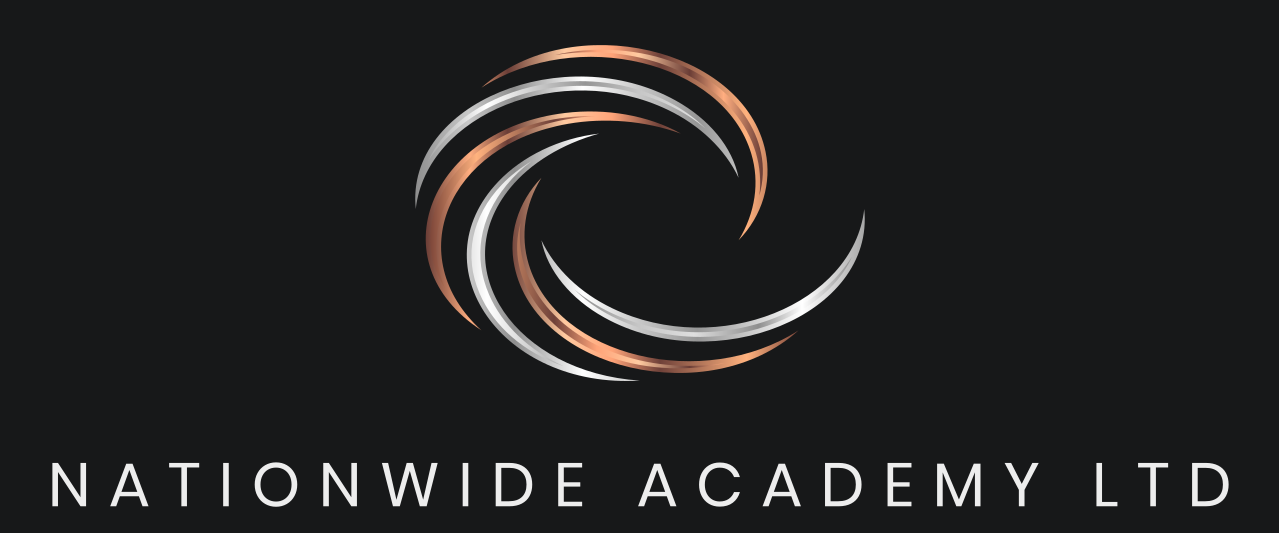Door
supervisor + Top Up
Level 2 Award for Door Supervisors in the Private Security Industry (New Specification as from the 1st April 2021)
and
Level 2 Award for Door Supervisors in the Private Security Industry Top Up
This regulated qualification is ideal for anyone wishing to work as a door supervisor as it provides them with the necessary skills and knowledge to apply for an SIA licence in this field. Subjects covered include behavioural standards, legislation relevant to the role, search procedures, powers of arrest, recording incidents and crime scene preservation, reducing risk, conflict management, communicating effectively and physical intervention.
The course will also include a 1-day Emergency First Aid at Work regulated qualification which is mandatory for all new learners into the Security Industry after the 1st April 2021.
Cost £275.00 (Incl EFAW) – 7 days course
The Door Supervisor Top Up qualification is a mandatory requirement for anyone presently holding a Door Supervisor Licence and who needs to re-apply to the SIA.
Cost £150.00 (incl EFAW) – 3 day course
Faqs
How long will it take me to achieve this qualification?
This qualification must be undertaken over a minimum of 7 days with Distance Learning, 8 Days if completed fully in the classroom.
The DS Top Up is run over 3-days, or 2-days if you already hold an EFAW qualification with at least 12-months validation still remaining on the first day of your course.
How is the qualification assessed?
It is divided into 4-units and is assessed through 4 multiple-choice examinations, and several practical assessments. These units are as follows:
Unit 1: Principles of Working in the Private Security Industry
Assessed by a multiple-choice examination of 110minutes consisting of 72-questions. Learners must achieve a score of at least 70% to pass this unit.
Practical assessment, externally set, internally assessed activity based on the completion of an evidential statement.
Unit 2: Principles of Working as a Door Supervisor in the Private Security Industry
Assessed by a multiple-choice examination of 75 minutes and consisting of 50-questions. Learners must achieve a score of at least 70% to pass this unit.
Practical assessment, externally set, internally assessed, observation on searching and use of communication equipment.
Unit 3: Application of Conflict Management in the Private Security Industry
Assessed by a multiple-choice examination of 30-minutes and consisting of 20-questions. Learners must achieve a score of at least 70% to pass this unit.
Practical assessment, externally set, internally assessed, practical scenario with observation sheet, questions and answers session recorded.
Unit 4: Application of Physical Intervention Skills in the Private Security Industry
Assessed in two parts. Part one is a practical test and part two is a multiple choice examination of 45 minutes and consisting of 30 questions, Learners must achieve a 80% pass mark to pass this unit.
Practical assessment, externally set, internally assessed, practical scenarios with observation sheet, questions and answers session recorded.
The DS Top Course is Assessed as follows:
Unit 1: Terror Threat Awareness in the Private Security Industry.
Both ACT certificates, (Blue/Orange), must be held within the last 12-months prior to the course and be produced prior to the course commencing. Then there is a short 10 question multi-choice examination, learners must achieve a pass mark of 7 out of 10.
Unit 2: Using Equipment Relevant to a Door Supervisor in the Private Security Industry.
Short 5 question multi-choice examination, learners must achieve a pass mark of 4 out of 5.
Unit 3: Physical Intervention Skills in the Private Security Industry.
Multi-choice examination of 30 questions, duration is 45-minutes, and the learner has to achieve a pass mark of 27 out of 30.
There will also be a short question and answer session which is recorded along with a short radio practical.
The learner must also then pass the practical element of techniques within the Physical Intervention Unit.
What next?
Individuals achieving this qualification will be able to progress to a Level 2 Award for CCTV Operators (Public Space Surveillance) in the Private Security Industry.
Where can this course be taken?
Through any approved training centre.
